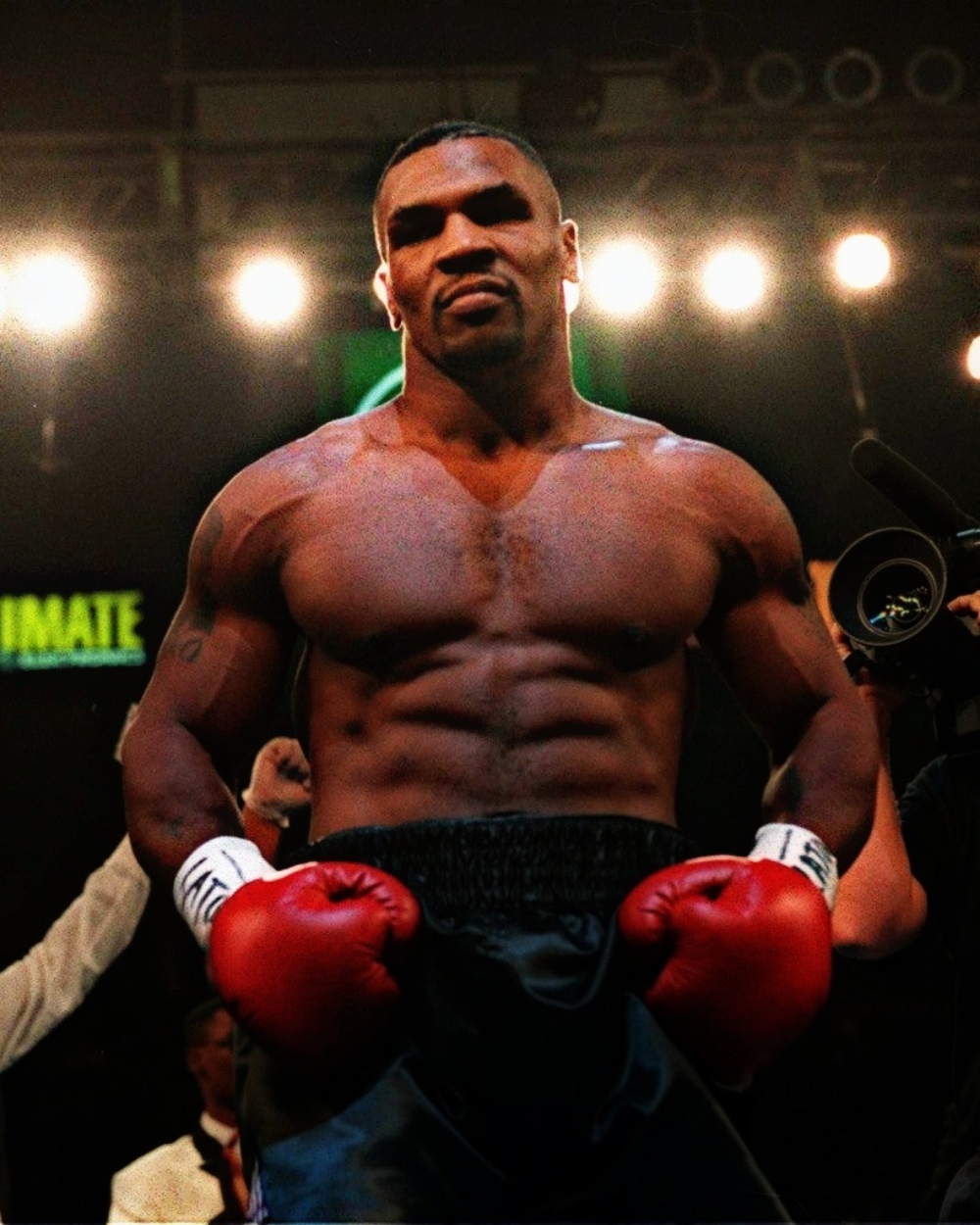IP Law | Sports & Entertainment | Business Litigation
Boxing legend Mike Tyson finds himself in more than post-fight headlines—he’s now facing a legal battle over the unauthorized use of a hip-hop track in his promotional content for the highly publicized bout against Jake Paul.
Background: The Lawsuit Unfolds
In early August 2025, Ty Fyffe—a noted producer and co-writer of “Murdergram”, a 1998 track featured on the Streets Is Watching soundtrack associated with Jay‑Z, DMX, and Ja Rule—filed a lawsuit against Tyson. Fyffe alleges that Tyson used “Murdergram” in a 33-second Instagram video promoting the Paul fight without any authorization or proper compensation.(Hip Hop Hero, Baller Alert, The Times of India)
According to the complaint, the video included the caption “You know what time it is #PaulTyson,” and was viewed by over 100 million people via Netflix’s live stream of the match—a spectacle that generated massive visibility.(Baller Alert, Radio 88.8 – Demo, The Times of India)
Legal Claims and Remedies Sought
Fyffe’s lawsuit asserts several legal violations:
- Copyright Infringement: Tyson used the song without permission from Fyffe or his representatives.
- False Endorsement/Misleading Impression: By identifying the song title and featuring it in promotion, Tyson allegedly misled the audience to believe Fyffe endorsed the fight.(Hip Hop Hero, Baller Alert, Radio 88.8 – Demo)
The producer seeks:
- Injunctive relief to prohibit further usage of the track;
- Mr. Fyffe’s rightful royalties;
- A proportionate share of Tyson’s fight income (reportedly upwards of $20 million).(Baller Alert, Radio 88.8 – Demo, The Times of India)
Legal Dimensions & Broader Implications
This high-profile IP dispute touches on two key legal fronts:
- Music Rights in Sports Promotion
Typical licensing underpins the use of music in commercial content. Regardless of celebrity status, unauthorized use—even in short clips—can lead to liability for infringement and potential statutory damages. - Post-Fight Fallout in Digital & Social Media
As athletes and promoters increasingly rely on social platforms to fuel hype, internal IP compliance becomes paramount. This case serves as a cautionary tale that oversight in music rights can trump even star power.
Tyson’s legal team has yet to publicly respond to the updated claims, and no defense has been formally issued at this stage.(The Times of India, Industry Previews)
Conclusion: New Standards in IP Enforcement
Mike Tyson’s latest legal challenge underscores the intersection of sports, entertainment, and intellectual property law in the digital age. The outcome could reinforce the importance of clear licensing, due diligence, and respect for creative rights—even for megastars.
As the case progresses, it may reshape how promoters and athletes alike approach music usage in promotional material, setting new standards in both sports marketing and IP enforcement.






